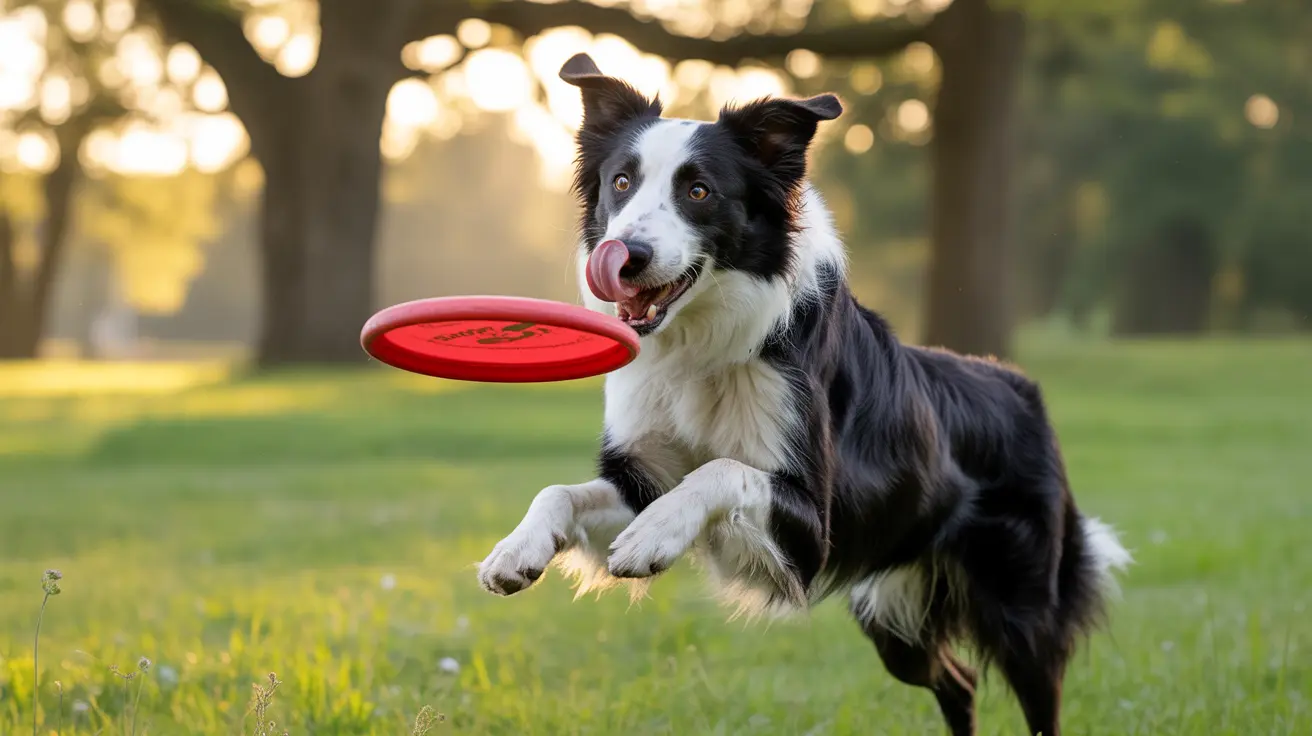Finding out your dog has eaten grapes can be a terrifying moment for any pet owner. These seemingly innocent fruits can cause severe kidney damage in dogs, and quick action is crucial. This comprehensive guide will walk you through the essential steps to take if your dog consumes grapes and explain why immediate response is critical for your pet's survival.
Whether your dog has eaten just two grapes or an entire bunch, treating the situation as a medical emergency is vital. The unpredictable nature of grape toxicity means that even small amounts can be life-threatening, and waiting to see if symptoms develop could prove fatal.
Immediate Actions to Take After Grape Ingestion
If you've just discovered your dog ate grapes, time is of the essence. Here are the critical first steps you need to take:
- Contact your veterinarian or pet poison control immediately
- Note the approximate number of grapes consumed
- Record the time of ingestion
- Don't wait for symptoms to appear before seeking help
- Keep your dog's medical history handy
My Dog Ate 2 Grapes: Is This an Emergency?
Yes, even two grapes can be dangerous. Some dogs have experienced severe reactions from minimal grape exposure, while others might show no immediate effects. Because there's no way to predict how your dog will react, treat any grape consumption as an emergency requiring immediate veterinary attention.
Understanding Grape Toxicity in Dogs
The exact compound that makes grapes toxic to dogs remains unknown, but the effects can be devastating. All varieties of grapes, whether seedless or seeded, red or green, can cause acute kidney failure in susceptible dogs. This applies to raisins and currants as well.
Treatment Options and Veterinary Care
Treatment typically involves several steps, depending on how recently the grapes were consumed:
- Induced vomiting (if ingestion was recent)
- Administration of activated charcoal
- IV fluid therapy
- Blood work monitoring
- Kidney function tests
- Supportive care as needed
Recovery and Monitoring
The prognosis largely depends on how quickly treatment begins. Dogs who receive immediate care before showing symptoms have the best chance of full recovery. Your veterinarian will likely want to monitor kidney values for several days following treatment.
Prevention Tips for Pet Parents
To avoid future incidents:
- Store grapes and raisins in secure containers
- Inform all family members about grape toxicity
- Check ingredient lists of foods before sharing with your dog
- Keep garbage bins securely closed
- Consider removing grape plants from your yard
Frequently Asked Questions
My dog ate 2 grapes—what should I do right away?
Contact your veterinarian or animal poison control immediately. Don't wait for symptoms to appear, as early intervention is crucial for preventing kidney damage.
How many grapes are toxic to dogs, and what is a dangerous amount?
There is no safe amount of grapes for dogs. Even one grape can potentially cause severe reactions in some dogs, while others might not show immediate effects from larger amounts. Always treat any amount as dangerous.
What are the symptoms of grape poisoning in dogs, and how soon do they appear?
Initial symptoms typically appear within 6-12 hours and may include vomiting, diarrhea, lethargy, and abdominal pain. More severe symptoms like decreased urination can develop within 24-48 hours.
Can a dog survive after eating grapes, and what affects the outcome?
Yes, dogs can survive grape ingestion if treated promptly. The outcome depends on factors like the amount consumed, time until treatment, and the individual dog's sensitivity to grape toxicity.
Should I make my dog vomit if they eat grapes, and how do I do it safely?
Never induce vomiting without first consulting a veterinarian. If advised to do so, they will provide specific instructions based on your dog's size and condition. Incorrect methods can cause additional harm.
Remember, when it comes to grape toxicity in dogs, it's always better to err on the side of caution. Quick action could save your pet's life, so don't hesitate to seek professional help immediately if you suspect your dog has consumed any amount of grapes.






